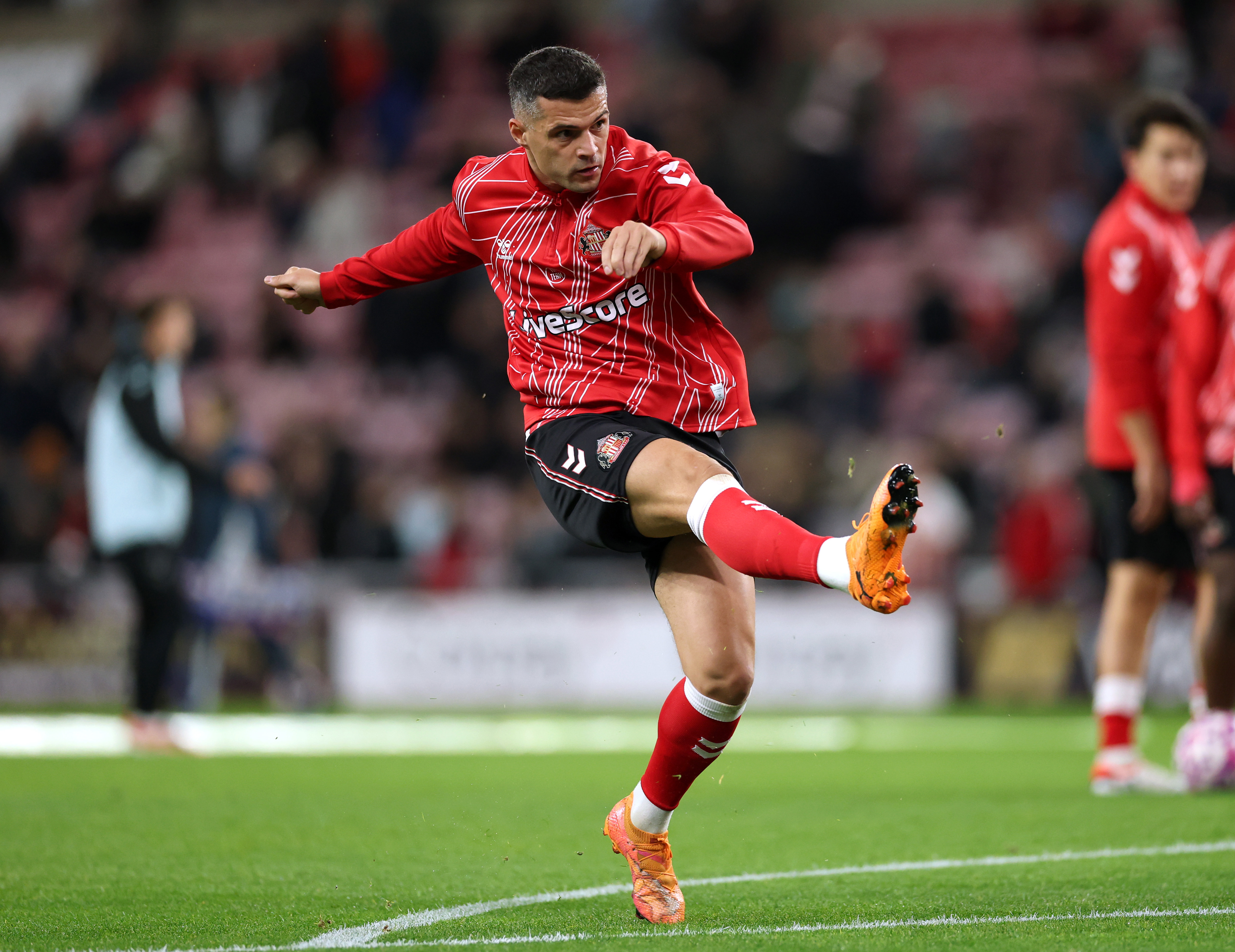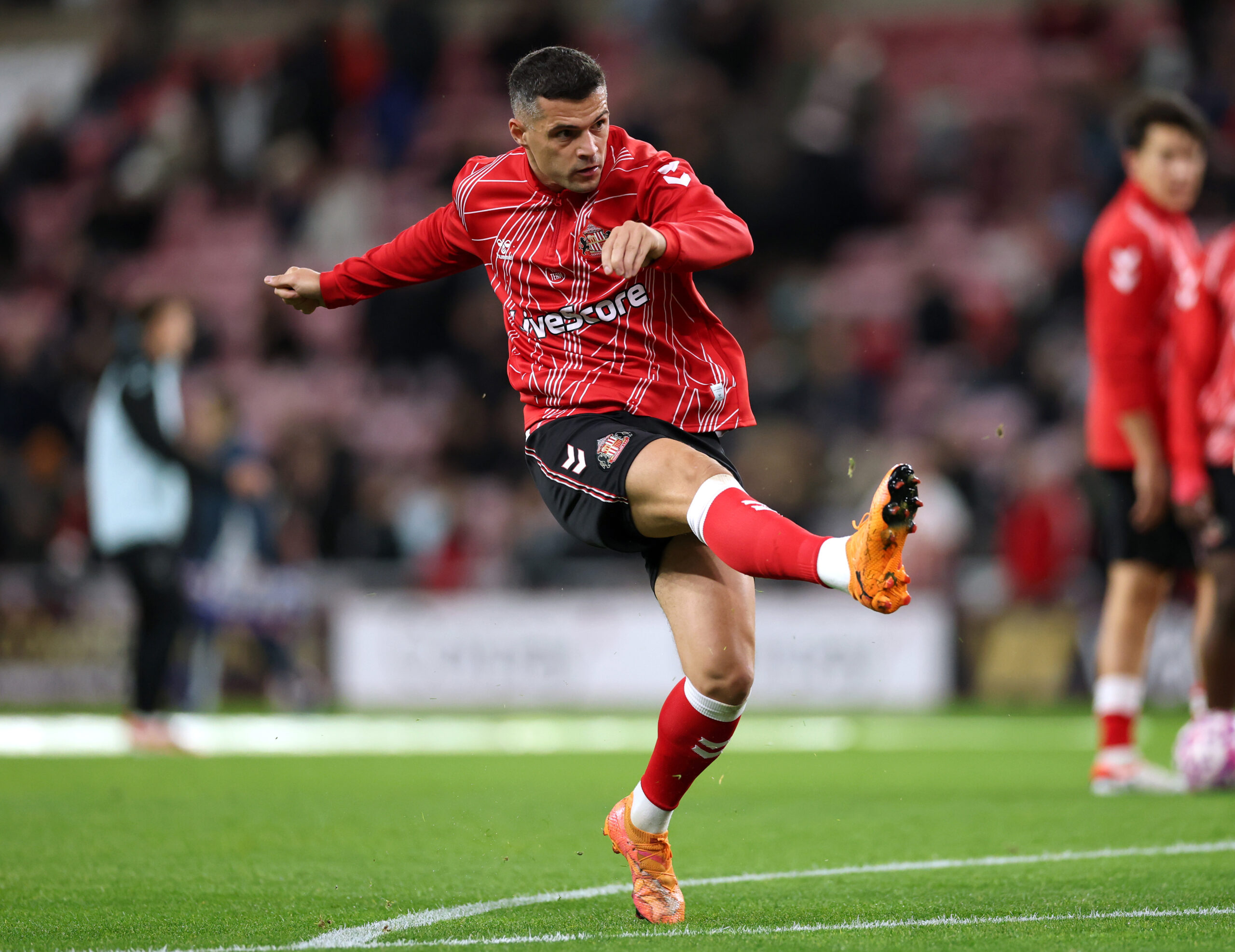Sunderland’s Disappointment Over Fourth Place Reflects the Unforgiving Nature of Modern Football and Its Fans’ Expectations
Sunderland AFC, a club with a storied history, has witnessed a remarkable resurgence in recent years. The journey from the depths of relegation battles in the lower leagues to competing in the Premier League has been nothing short of extraordinary. Yet, this transformation has brought with it an unexpected burden: heightened expectations from fans and a relentless pursuit of success that can lead to disappointment, even when the club is performing well.
The recent draw against Everton, which left Sunderland in fourth place, serves as a poignant reminder of this shift in expectations. Just a few seasons ago, the mere thought of being in the top half of the Premier League would have seemed like a dream. Now, the disappointment of not sitting second in the league table highlights how far the club has come and the standards that have been set. This new reality is both a testament to the club’s progress and a reflection of the pressures that come with it.
Granit Xhaka, a key player for Sunderland, articulated the frustrations felt by many within the squad. His comments about the team’s training leading up to the game suggest a culture of accountability and a refusal to accept mediocrity. This mentality is essential for any team aspiring to compete at the highest levels, where the margins for error are razor-thin. Xhaka’s leadership and determination to push for excellence resonate with the club’s ambitious trajectory.
The match against Everton was a microcosm of Sunderland’s current form. The first 25 minutes were lackluster, and it was evident that the team struggled to find its rhythm. However, the turnaround after that initial period showcased the resilience and quality that Sunderland possesses. The ability to dominate possession and create chances is a hallmark of a team that is not only competitive but also capable of challenging for higher honors. The fact that Sunderland was able to recover from a shaky start speaks volumes about the character of the squad.
However, the issue of officiating, particularly regarding VAR, cannot be overlooked. The controversy surrounding the handball decision involving Michael Keane has reignited debates about the effectiveness of VAR in football. Critics argue that the technology, meant to enhance the fairness of the game, often falls short, leaving fans and players frustrated. In this instance, Sunderland was denied a potential penalty that could have changed the course of the match. This incident raises broader questions about the consistency and reliability of VAR, especially when it comes to critical decisions that can have significant implications for a team’s season.
As Sunderland prepares for their upcoming clash against Arsenal, the stakes are high. The prospect of facing one of the league’s top teams presents both a challenge and an opportunity. Arsenal, with their own aspirations for the Premier League title, will not be an easy opponent. Sunderland’s performance against Everton serves as a reminder that consistency is key; the team must avoid the pitfalls of their sluggish start if they hope to compete effectively.
The dynamics of modern football have shifted dramatically in recent years. The financial implications of success, the pressure from supporters, and the ever-present scrutiny of media coverage create an environment where teams must constantly strive for improvement. For Sunderland, this means not only focusing on results but also developing a style of play that reflects their ambitions. The club’s management and coaching staff must work diligently to ensure that the team evolves and adapts to the challenges posed by the Premier League.
The historical context of Sunderland AFC adds another layer to this narrative. Once a dominant force in English football, the club has experienced its fair share of ups and downs. The echoes of past glories serve as both motivation and a reminder of what is at stake. The passionate fanbase, known for their loyalty, expects nothing less than a return to the club’s former heights. This expectation can be a double-edged sword; while it fuels ambition, it can also create pressure that may be difficult to navigate.
Financially, Sunderland’s resurgence has been bolstered by strategic investments and a commitment to building a competitive squad. The club’s management has recognized the importance of not only attracting talent but also fostering a culture of development. Young players are given opportunities to shine alongside seasoned professionals, creating a dynamic blend that can yield positive results on the pitch. This approach aligns with the broader trends in football, where clubs are increasingly looking to cultivate homegrown talent as a means of sustaining success.
As Sunderland looks ahead, the focus must remain on maintaining the momentum generated by their recent performances. The draw against Everton, while disappointing in terms of league position, should serve as a catalyst for improvement. The team must harness the lessons learned from that match and channel them into their upcoming fixtures. The challenge against Arsenal will be a litmus test for Sunderland’s ambitions, and the players must rise to the occasion.
The landscape of the Premier League is unforgiving, and every match is an opportunity to make a statement. Sunderland’s aspirations for this season hinge on their ability to compete with the best, to learn from setbacks, and to embrace the expectations that come with being a club on the rise. The journey is fraught with challenges, but the potential for success is within reach. As they prepare for the next chapter in their season, Sunderland must remain focused, resilient, and ready to seize the moment.

I think it sums up just how far Sunderland have come in such a short space of time that I sit here today writing this, feeling disappointed that Sunderland aren’t currently sat second in the Premier League table.
Whilst a win over Everton would have taken us there, we had to settle for a draw, and we find ourselves in a lowly fourth place. Woe is me!
In all seriousness, the standards at this club have been raised to such a degree that not being second is genuinely irritating. After the game, Granit Xhaka spoke about how he felt that training the day before the game wasn’t ideal and had possibly contributed to our poor start against the Toffees. He is a born winner and, as such, will not tolerate ‘average’ from himself or his teammates, and that’s music to my ears.
Thankfully, we recovered well, and from about 25 minutes onwards, Sunderland were clearly the better team. We dominated the ball, got on top in the moments that mattered, and it’s to Everton’s credit that they managed to hold us off after such a sustained spell of pressure.
Xhaka himself led the comeback with a rather fortunate goal just after half time, and had the VAR officials done their job, we’d have been awarded a penalty for a handball from Michael Keane, which would have given us a chance to net a second of the night and possibly a winner.
I have to ask – what is the point in VAR if it’s not going to look at decisions like that one properly and then refer them to the referee? He should have been asked to take a second look at it on the monitor, as I have no doubt he’d have given Sunderland a penalty. If you flip it, had the referee awarded the handball, there is no way that VAR would have stepped in and told him he’d made the wrong decision. I don’t know – the mind boggles.
Look, it’s a shame we aren’t going into the Arsenal game in second as that would have made it a top-of-the-table clash, but it is what it is – really, league position isn’t all that important at this stage, and really it’s about performances.
If the Sunderland that played the first 25 minutes against Everton shows up against Arsenal, they’ll get trounced, but if the version of our team that played out the rest of the game turns up, we’ll give the Gunners a really good game, and I actually fancy us to get something. They’ve not conceded many yet this season, but we’re a strong and physical side like they are, and I’m really interested in seeing us pit ourselves against them, especially given they’ve gone to a more direct style as they strive to win their first Premier League title in a very long time.
Onwards and upwards. We’re in a really good place right now… fourth place.

